During the COVID-19 pandemic, the term “essential workers” entered the public consciousness. Community health workers, midwives, caregivers, and other service providers who were formerly overlooked suddenly became essential for providing health services to large segments of the population. Medical staff around the world were stretched to their limits, revealing both structural and staffing deficiencies within the current healthcare system.
The fifth conversation in the “Resilient Health System of the Future – the case for community health” series focuses on an important question: What is the future health workforce we need?
The conversation around the health workforce has been going on for years, but COVID shed light on the urgency of this issue. Community health workers are often the front line in establishing practices of good health and focusing on preventative care. Yet long-term investments in training and compensating health workers are not prioritized.
We started exploring this question with three experts in their area of the health system:

The discussion followed the structure of the Three Horizons Framework by Bill Sharpe to first explore Horizon 1: what is prevalent in the system today, next Horizon 3: what is the vision for the future, and finally Horizon 2: what are the innovations or disruptions that will help us move from Horizon 1 into Horizon 3.
Our experts shared key issues and opportunities for the future of health systems:
- Supporting the health workforce is complex but necessary
- It is difficult to anticipate the types of health workers we will need in the future and invest in training them now. In many parts of the world, we thought the era of infectious diseases was over, and were proven wrong by COVID.
- The basic needs of healthcare workers need to be valued by the system
- Healthcare workers are often underpaid and under resourced. Many community health workers, such as those in the US, come from communities of inequity and face the same barriers of the population they serve.
- Provide healthcare outside of hospitals
- By the time people reach hospitals, they are being treated for disease. Community health workers help people stay healthy. Going back to the basics and teaching people things like handwashing in their communities seems simplistic but can have great impact.
- Change incentive structures around health funding
- Under current systems, it is very profitable to treat disease, but not to provide preventative care. We need to think about how to change the incentives and fund prevention as well as cure.
- Support the revival of traditional health practices
- In many regions, simple and affordable health practices such as walking, yoga, healthy diets, and low-stress lifestyles, contribute to a healthy lifestyles. These are also preventative measures that are easy to adopt. Healthy systems need to meet people where they are at and take into account healthful traditional practices.
Much of the current system focuses on treating disease, but centering health workers, particularly community health workers will be critical in the years to come. We are currently at a juncture where the health system is so disrupted, that there is a great opportunity for change. The modern healthcare system was created with a lot of built-in inequity that impacts the health care workers and the people being served. By continuing the dialogue, we can identify ways to shift the system and put community health workers at the core of how we prevent disease and care for patients so that we can build a more resilient health care system in the future.
How do you view the role of health workers in serving the needs of the future?
Join the discussionCheck out the conversation page on the Futures Centre for a more detailed look at the notes from this discussion.
Explore the Signals
- The Future of Healthcare Lies with Nurses
- Western Michigan wins $1.5 million grant to train culturally and linguistically responsive behavioral health workers
- A shortage of doctors and nurses contributed to Japan’s slow vaccine rollout
- Addressing the International Migration of Health Workers
Check out the previous conversations - Conversation Four: The connective tissue of community care
- Conversation Three: Equitable Community Health in the Digital Age
- Conversation Two: Health Systems in Pursuit of Health
- Conversation One: The Case for Community Health

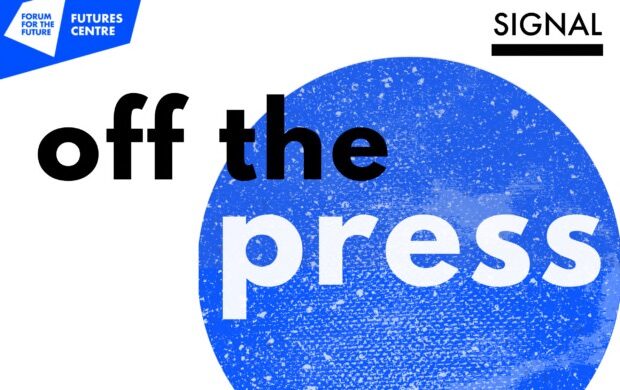
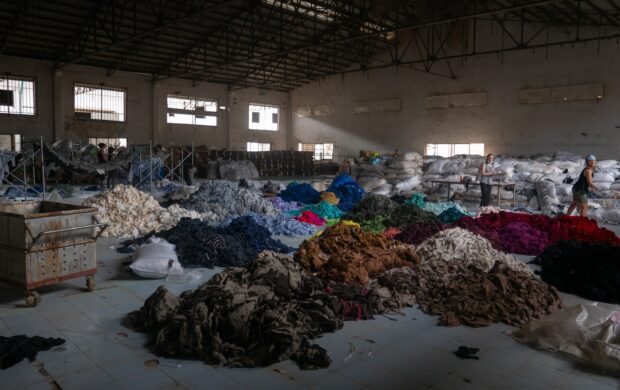



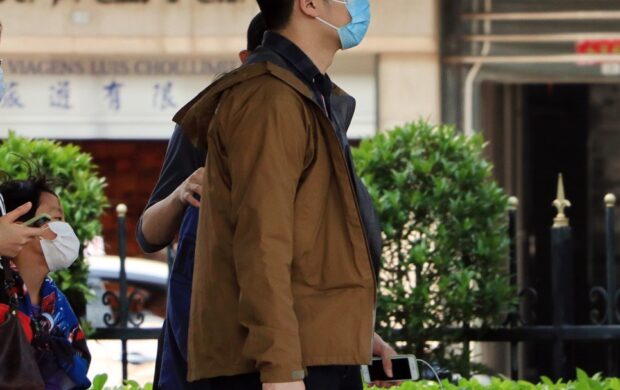






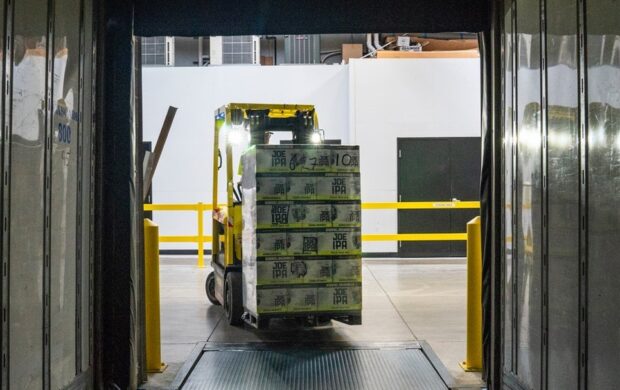
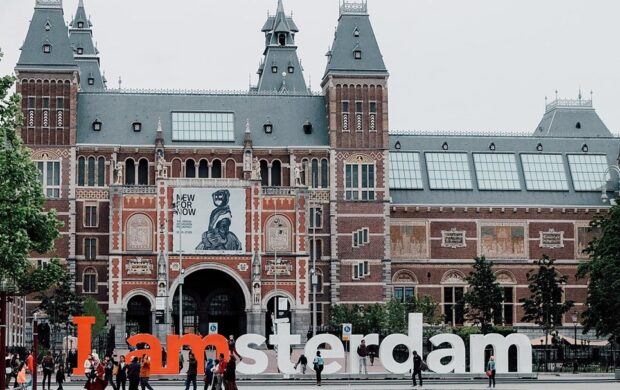


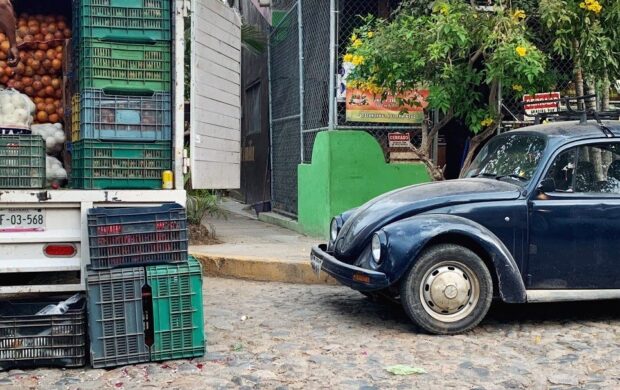




Join discussion